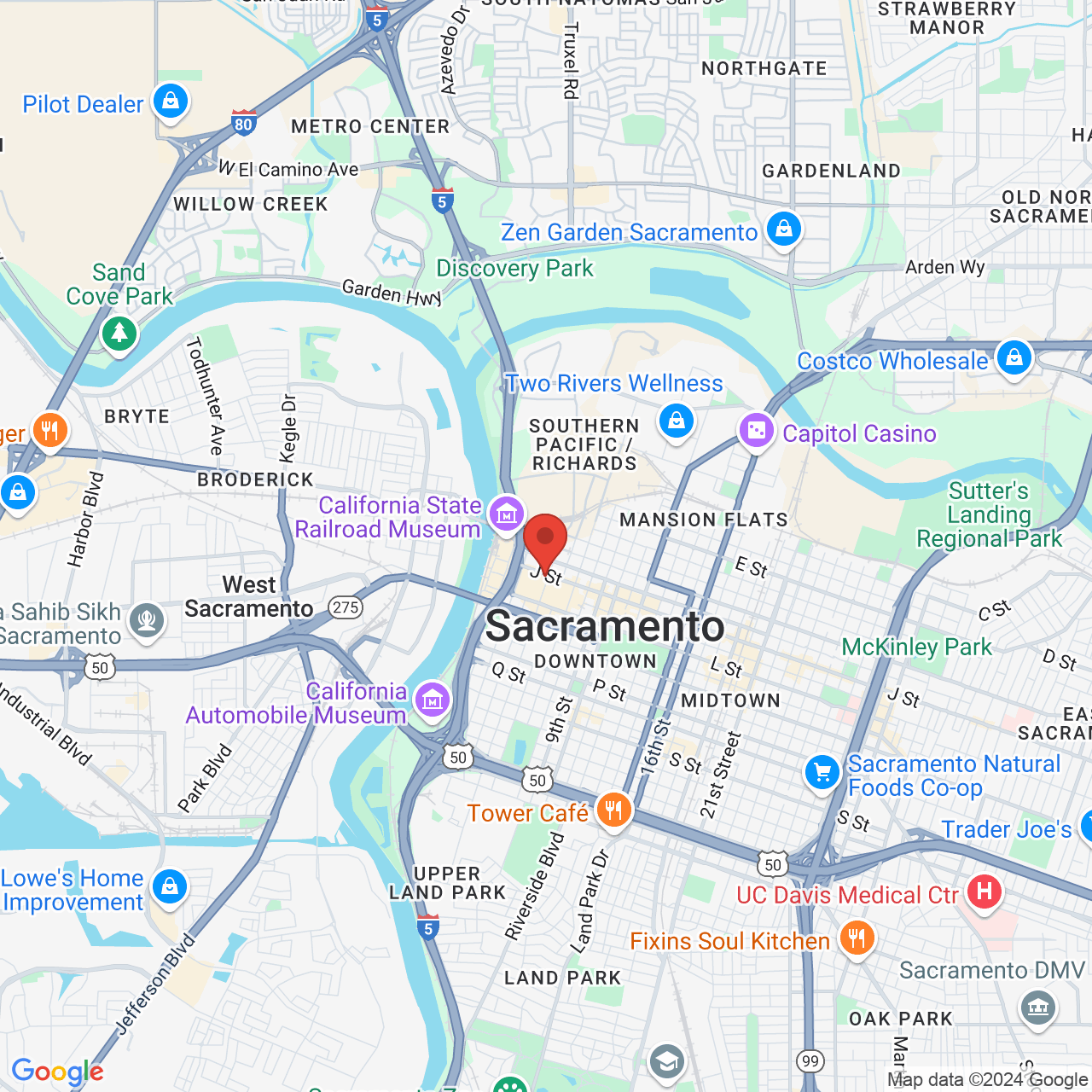Common Types of Pregnancy Discrimination
 Pregnancy is a special time for many women but discrimination in the workplace can create stress and financial insecurity during this important life experience. A pregnancy discrimination lawyer can help hold employers accountable when they have discriminated against a pregnant employee.
Pregnancy is a special time for many women but discrimination in the workplace can create stress and financial insecurity during this important life experience. A pregnancy discrimination lawyer can help hold employers accountable when they have discriminated against a pregnant employee.
At ThybergLaw, attorney Gregory Thyberg represents women who have experienced different types of pregnancy discrimination in and around Sacramento, CA. If you believe you have been discriminated against due to pregnancy, we welcome you to schedule a consultation with ThybergLaw.
What Is Pregnancy Discrimination?
Pregnancy discrimination refers to the unfair treatment of an employee or applicant due to pregnancy or childbirth or medical conditions related to either.
Pregnancy discrimination is prohibited in the workplace under the Pregnancy Discrimination Act of 1978. There are many ways in which pregnancy discrimination can occur in the workplace. Some of the most common types of discrimination are discussed here.
Refusing to Hire a Pregnant Woman
One of the most common types of pregnancy discrimination is not hiring a woman because she is pregnant or plans to become pregnant in the near future.
The justification employers often use in refusing to hire a woman because of pregnancy is that she will need to take maternity leave soon after being hired, possibly leaving the business short-handed or at a financial loss for investing in training.
Although employers may feel they are justified in refusing to hire a woman due to pregnancy, it is illegal. An employee or applicant must be considered for a job or position if she is able to perform the job responsibilities regardless of pregnancy.
Firing an Employee Due to Pregnancy
Firing an employee due to pregnancy is also a form of illegal discrimination. Some employers may believe that an employee will not be able to perform the primary duties of her job due to pregnancy; for example, lifting heavy objects or working with toxic chemicals. Sometimes this compels an employer to fire a pregnant employee.
Although employers may think they are acting in the best interest of the pregnant employee and her unborn child, it is not the employer's right to decide what is safe and not safe for the employee in regard to her pregnancy.
Preventing the Performance of Job Duties
Although many employers may not fire a pregnant employee, they may prevent her from doing certain job-related duties, like lifting heavy objects, or may fail to provide reasonable accommodations.
Even when employers have good intentions, if an employer tries to stop an employee from doing certain job-related duties that the employee is capable of safely doing, it can be considered discrimination. Likewise, failing to provide reasonable accommodations when medically indicated for a pregnant employee is considered discrimination.
Eliminating a Job While on Maternity Leave
Another common type of discrimination pregnant women face is job elimination while on maternity leave. Employers are required to offer women returning from maternity leave the same job or a similar job.
However, in Sacramento and all of California, a woman who is on maternity leave may be laid off if her entire department is laid off, as stated by the California Chamber of Commerce, but if some employees are retained, it may be a case of pregnancy discrimination.
Harassment of a Pregnant Employee
Finally, harassment of a pregnant employee may be considered discrimination if it interferes with her job performance or makes for a hostile work environment.
A pregnant woman may be harassed through insults, intimidation, offensive jokes, or physical assault. Harassment doesn't have to come from an employer, it can be from a coworker, client, customer, or vendor.
Contact ThybergLaw
Sadly, there are many ways a pregnant employee may be discriminated against. Today, we've only focused on some of the most common. If you live in or around Sacramento and think you may have experienced pregnancy discrimination, you are encouraged to call (916) 204-9173 and schedule a consultation with attorney Gregory Thyberg.


